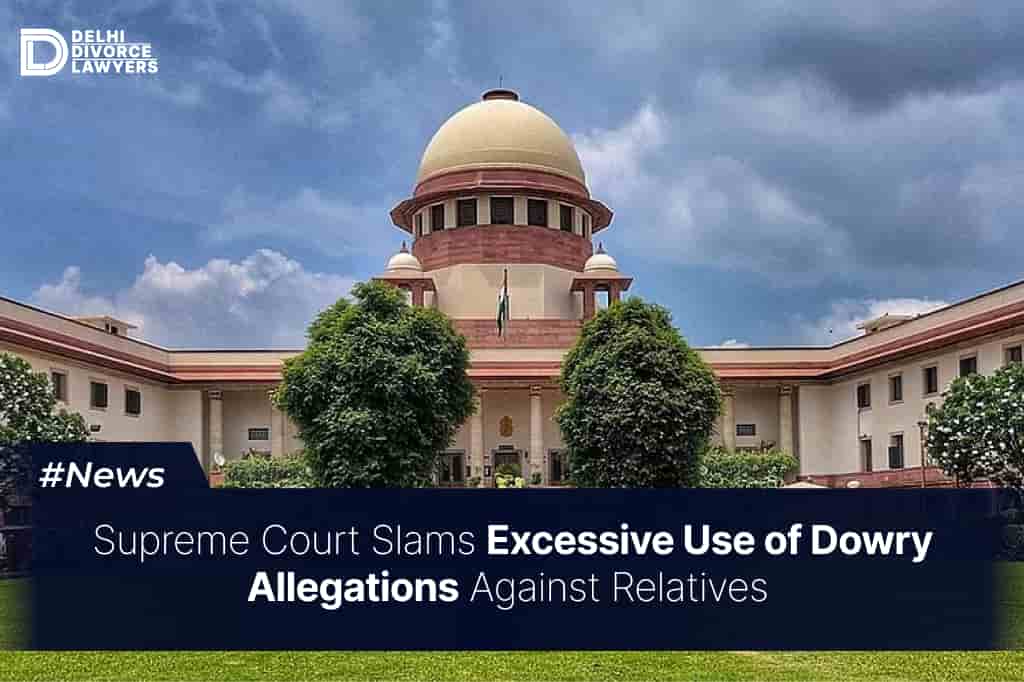In a landmark ruling, the Supreme Court on Wednesday drew attention to a troubling pattern where victims of dowry harassment are increasingly accusing their husband’s relatives. The court dismissed a dowry harassment case against the woman’s parents-in-law, emphasizing that the allegations were vague and lacked specific details of physical abuse.
The bench, led by Justices Ahsanuddin Amanullah and Prashant Kumar Mishra, noted that the complaints primarily included general comments and claims regarding the political influence of the husband’s family, which were said to have influenced their actions. The judgment stated, “The allegation merely involves taunts and claims about their political connections, including ties to ministers, which allegedly pressured the first accused (husband) to coerce the third accused (husband’s parents) into demanding additional dowry from the complainant.”
The justices condemned the frequent inclusion of the husband’s relatives in legal cases under Section 498A of the IPC and Section 4 of the Dowry Prohibition Act, 1961, describing it as an undesirable practice. They remarked, “Given the rising trend of dowry victims implicating the husband’s relatives, this court disapproves of involving them in such offenses.”
The case originated from a 2014 marriage in Guntur, Andhra Pradesh. Five months after the wedding, the woman returned to live with her parents and alternated between her marital and parental homes before ultimately moving to the US without informing her husband’s family. This prompted several legal actions, including a petition for restitution of conjugal rights and a divorce petition filed by the husband in 2016, to which the wife responded by filing multiple police complaints involving several family members.

